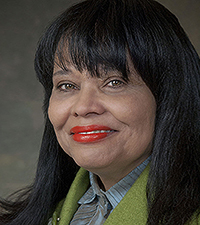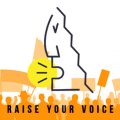

Linda Wallace
By Linda Wallace
In performing a cultural audit, the most difficult task we encounter is overcoming the desire to make ourselves look good. An honest cultural audit helps identify opportunities for developing the social skills that support creativity, productivity and efficiency.
If done correctly, it also exposes deep biases that may not even be on our radar.
Intercultural relationships
Answer yes or no:
- Are you able to tolerate and accept different views? Or do you tend to believe your view is right and others are simply misinformed?
- If you needed to hire an employee, would you select an applicant you feel is likely to agree with you or one likely to challenge you to grow?
- Faced with an instance of racism, sexism or bigotry, did you teach and lead by example?
- Were you able to apologize to all the people to whom you were not willing to listen? Did you make a second effort to try to understand their feelings and beliefs?
- Did you place yourself in situations where you were a minority by age, religion, ethnicity or race? If so, did you gain from this experience?
Information-gathering
Answer never, often or frequently:
- I read articles and listen to programs that reflect perspectives of other races, ethnicities and religions.
- I am aware of the stereotypes I hold of different racial, religious and ethnic groups.
- I can identify how those stereotypes affect the way in which I view and treat people.
- I am as likely to believe information provided by a member of another social or cultural group as I am to believe information provided by someone who is of my age, religion, race or ethnicity.
Cultural competency
Were you never, often or frequently able to:
- Recognize the cultural situations, events or words that serve as triggers and distort your judgment or ability to communicate? Were you able to control and manage your reactions in these types of situations?
- Study your techniques and strategies so you could improve your effectiveness in relationships with people who are of different ages, races, religions and ethnic groups?
- View situations through the cultural filters of other people or special populations?
- Forgive people who are slow or resistant learners?
- Facilitate productive conversations that allow a variety of beliefs and/or insights to emerge and be fully debated?
Personal growth
- I prefer to evaluate people by the amount they grow in a year, rather than by how much they already know.
- When I am with like-minded friends, I am able to make opposing arguments.

















Leave a Comment